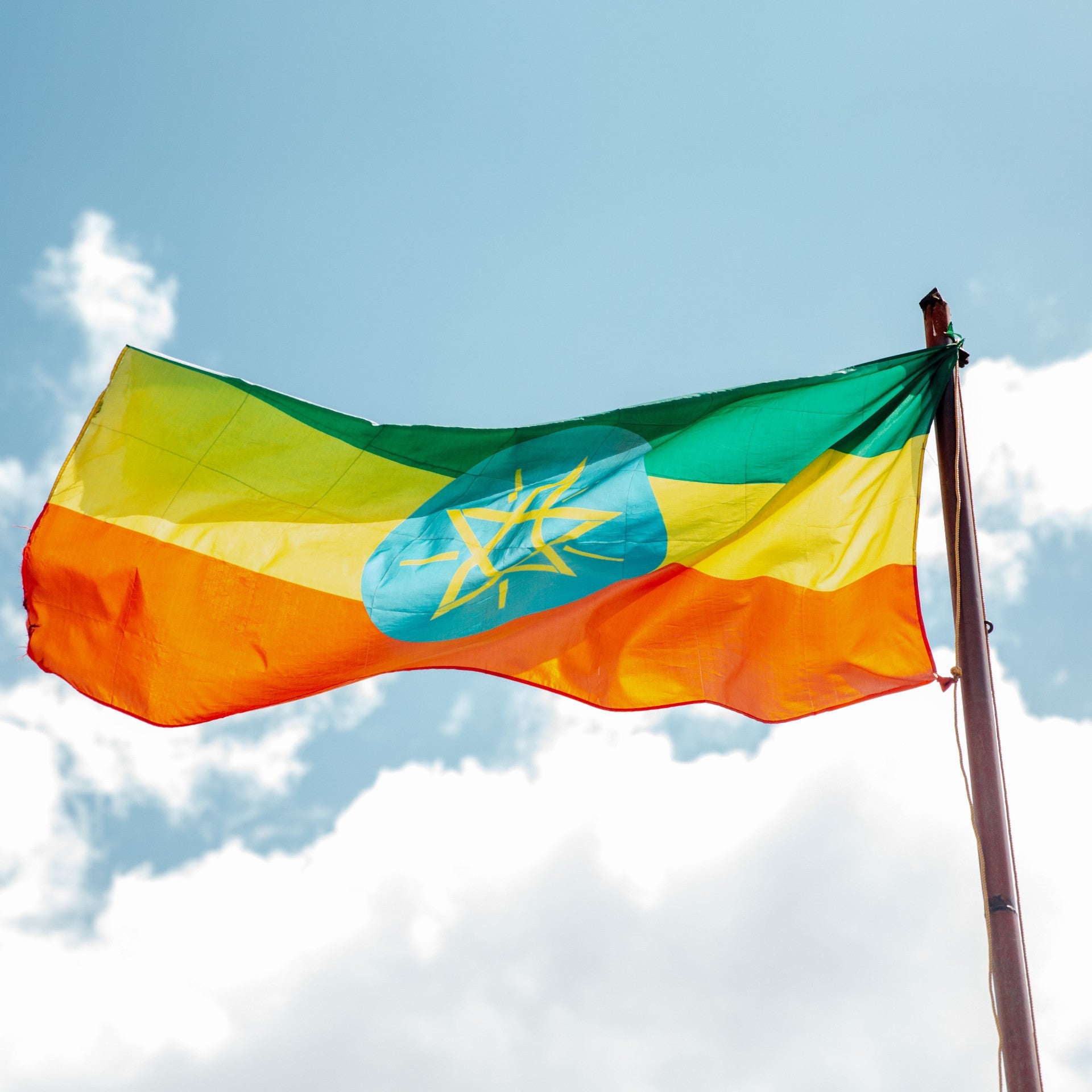

Ethiopian Culture: Family and Community
Berhan Grains uses a 1000-year-old ancient grain from Ethiopia to create our delicious teff flour and teff products. So, we thought what better way to welcome you into our family than by giving you a crash course in Ethiopian Culture!
Don’t worry, there won’t be a test at the end!
Community
The first thing to really understand about Ethiopian culture is just how community focused it is. This includes those inside the extended family and those who live in proximity. Going even further, many believe those two groups to be one and the same.
The collective aspect of Ethiopian culture is often described as “mahiberawi nuro”, which translates directly to “collective life”.
This strong social dimension means that drinking a cup of coffee (more on that later) outside in Ethiopia quickly becomes a social affair. Strangers in Ethiopia don’t stay that way for long and most are met with a welcoming and playful attitude. It’s easy to make friends there, though it’s easier to think of it less as “making friends”, and more as “greeting friends you haven’t met yet”.
Selflessness
Stemming from the social and community aspects of Ethiopian culture comes the strong sense of selflessness and the desire to help others. Ethiopians have a word for this selflessness: “yilugnta”. While it doesn’t have a direct English translation, many describe it as having awareness of how your actions are seen through the eyes of others.
Selfless acts of kindness are a common sight in Ethiopia and traits of cooperation, tolerance, and patients are held in high regard.
Etiquette
When meeting Ethiopians or enjoying some Ethiopian cuisine, there are a few etiquette tips to remember:
Dining
- Don’t take invitations into a private home lightly. It’s an honour!
- It’s considered impolite to refuse coffee.
- Only use the right hand for eating.
- Expect to be urged to eat more!
Meeting
- Handshakes with eye contact are the most common greeting (but, keep the handshake light).
- Greet with title and name (Ato: Man, Woizero: married women, Woizrity: unmarried women).
- Greet elders first and bowing is courteous.
- Never rush a greeting! Always ask about family, health, job, etc.
Coffee
In Ethiopia coffee is much more than just coffee!
If invited for a cup, know that it is more than just a polite gesture. Coffee in Ethiopia is a national drink and is very important to their culture. Oh, and get ready for possibly the best cup of coffee of your life!
Coffee often comes in three rounds as well:
- Awol: the first round is served to the eldest first.
- Tona: the second round is weaker as the same coffee beans are used.
- Baraka: the final round is served.
One last thing: always sip your coffee slowly! Which might actually be difficult because it’s so good!
Bringing Our Culture, Here
We hope you enjoyed learning about Ethiopian culture, but there’s one last thing we want to tell you about. One that we hope to make the cultural jump to North America.
Meals in Ethiopia are never enjoyed in solidarity. Just like every other aspect of the culture, it should always be a social experience! Breakfast is made by one household who invites over the others, who then return the gesture for lunch and dinner!
So, the next time you're cooking up a batch of injera with Berhan Teff to go with that delicious lentil stew, invite the neighbours over, knock on a few doors, and welcome everyone to be part of your family!
